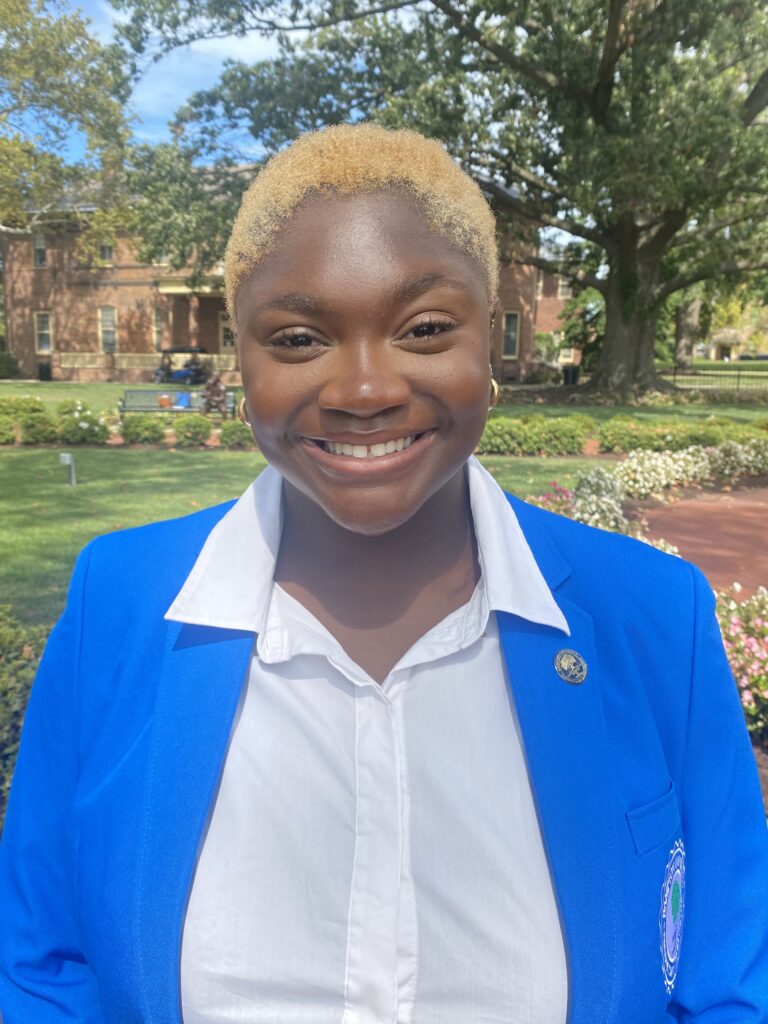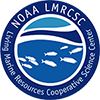
NOAA-EPP LMRCSC Undergraduate
B.S., Marine Science
Hampton University
Halia Morris plans to research preservation methods for obtaining small RNA molecules from marine mammal tissues (microRNAs; miRNAs). MicroRNAs are epigenetic markers used in the diagnosis of numerous diseases and organ injury in humans and have great potential as biomarkers for wildlife health. Determining the most effective preservation method for miRNAs would allow for the analysis of collection samples already archived by NOAA (e.g., Southwest Fisheries Marine Mammal Tissue Research Collection). This would open doors in research, including evolutionary studies and health biomarker discovery in marine mammals, which are suffering from high stranding rates. Environmental conditions play an essential role in the health of marine mammals, and her project would help discover epigenetic biomarkers that may aid in future diagnostics and health assessments of coastal marine mammal populations, aligning with the “Healthy Habitats” theme of the LMRCSC.
Her goal is to obtain a Ph.D. in a marine science, specializing in genetics and ecology. She plans to focus on how anthropogenic pressures influence genetic variability in marine organisms. She hopes to ultimately serve on a government agency as a research scientist and aid conservation efforts.
Academic Advisor: Dr. Carolina Lewallen
NOAA LMRCSC Fellows attain the NOAA Core Competencies detailed in this rubric.

NOAA Living Marine Resources Cooperative Science Center
University of Maryland Eastern Shore (Lead Institution)
(410) 651-7870
Award numbers: FY 2021 Award #NA21SEC4810005
Funding Agency: NOAA Educational Partnership Program with Minority-Serving Institutions (EPP/MSI)


